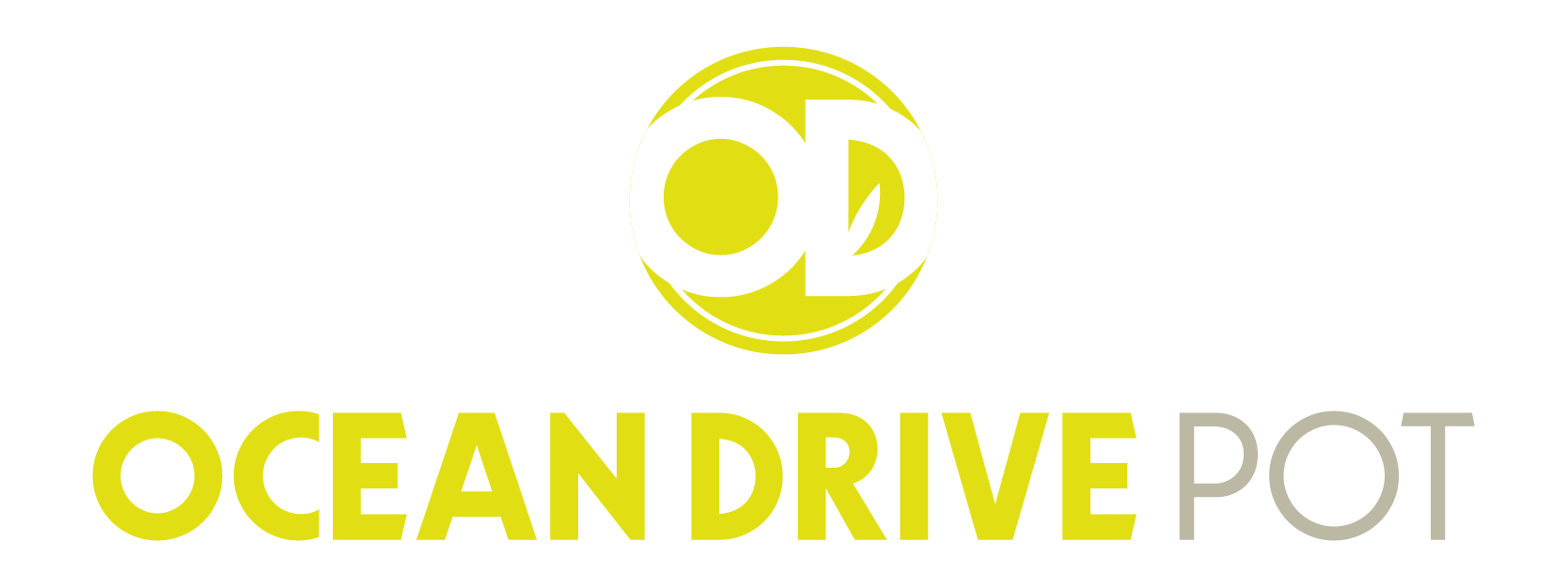Cannabis has become an increasingly visible part of modern life. Whether used medicinally to manage chronic conditions, recreationally to enhance relaxation, or even out of curiosity to explore new experiences, cannabis touches people across diverse walks of life. With legalization expanding and social attitudes shifting, one of the most important tools we can provide to consumers, patients, and communities is education. Understanding cannabis empowers individuals to make informed decisions, improves safety, reduces stigma, and builds a culture of responsibility around its use.
Knowledge Builds Confidence for Patients
For medical patients, cannabis education is especially vital. Many turn to cannabis to ease symptoms of chronic pain, anxiety, insomnia, or other health challenges. With so many strains, cannabinoid ratios, and consumption methods available, it can be overwhelming without guidance. Education helps patients understand the difference between THC and CBD, how terpenes influence effects, and why starting with low doses is often best. When patients feel confident about what they’re using, they are more likely to experience positive outcomes and integrate cannabis safely into their wellness routine. Knowledge also helps patients communicate more effectively with doctors and dispensary staff, ensuring they get the most suitable products for their conditions.
Safer Use for Recreational Consumers
For recreational users, cannabis education encourages safe and enjoyable experiences. Not everyone reacts to cannabis the same way, and understanding potency, dosage, and tolerance makes a significant difference. Education helps people avoid overconsumption, recognize the importance of setting, and respect local laws about where cannabis can and cannot be used. Consumers who are educated are better prepared to pace themselves, pair cannabis responsibly with social settings, and reduce potential risks like impaired driving. The result is a healthier, safer recreational culture that promotes enjoyment without harm.
Dispelling Myths and Reducing Stigma
Misinformation about cannabis has circulated for decades. Some myths exaggerate risks, while others downplay potential side effects. Education allows individuals to cut through the noise and rely on credible, science-based information. As more people learn the truth about cannabis—that it is neither a miracle cure-all nor a dangerous menace—they can form balanced, responsible perspectives. This shift helps reduce the stigma that often surrounds cannabis use, encouraging open conversations in families, workplaces, and communities. Reducing stigma also supports patients who rely on cannabis as medicine, giving them the dignity and acceptance they deserve.
Empowering Responsible Communities
Beyond individual benefits, cannabis education fosters stronger communities. When people understand how cannabis interacts with the body and mind, they are more likely to advocate for responsible policies, support safe consumption spaces, and contribute to reducing illicit market activity. Education empowers consumers to demand transparency in labeling, proper lab testing, and safe packaging from dispensaries and brands. It also prepares future generations to approach cannabis with respect rather than fear or reckless experimentation. A well-informed community is a safer, healthier, and more compassionate one.
Curiosity as the First Step
Even for those who are not regular users, curiosity about cannabis is natural. Education provides a safe entry point for learning without judgment. By exploring how cannabis works, what research says, and how it’s regulated, individuals can make decisions that align with their values and lifestyles. Curiosity often leads to greater understanding, and greater understanding builds tolerance and respect for others’ choices.
Education as Empowerment
Cannabis is no longer on the sidelines of society—it is here, part of daily life for millions. With that comes a responsibility to ensure people are informed, safe, and confident in their choices. Education is the bridge that connects curiosity to understanding, uncertainty to confidence, and stigma to acceptance. Whether for medical, recreational, or simply informational purposes, cannabis education empowers individuals and communities alike. By embracing knowledge, we can all help shape a positive, responsible, and enlightened future for cannabis culture.

